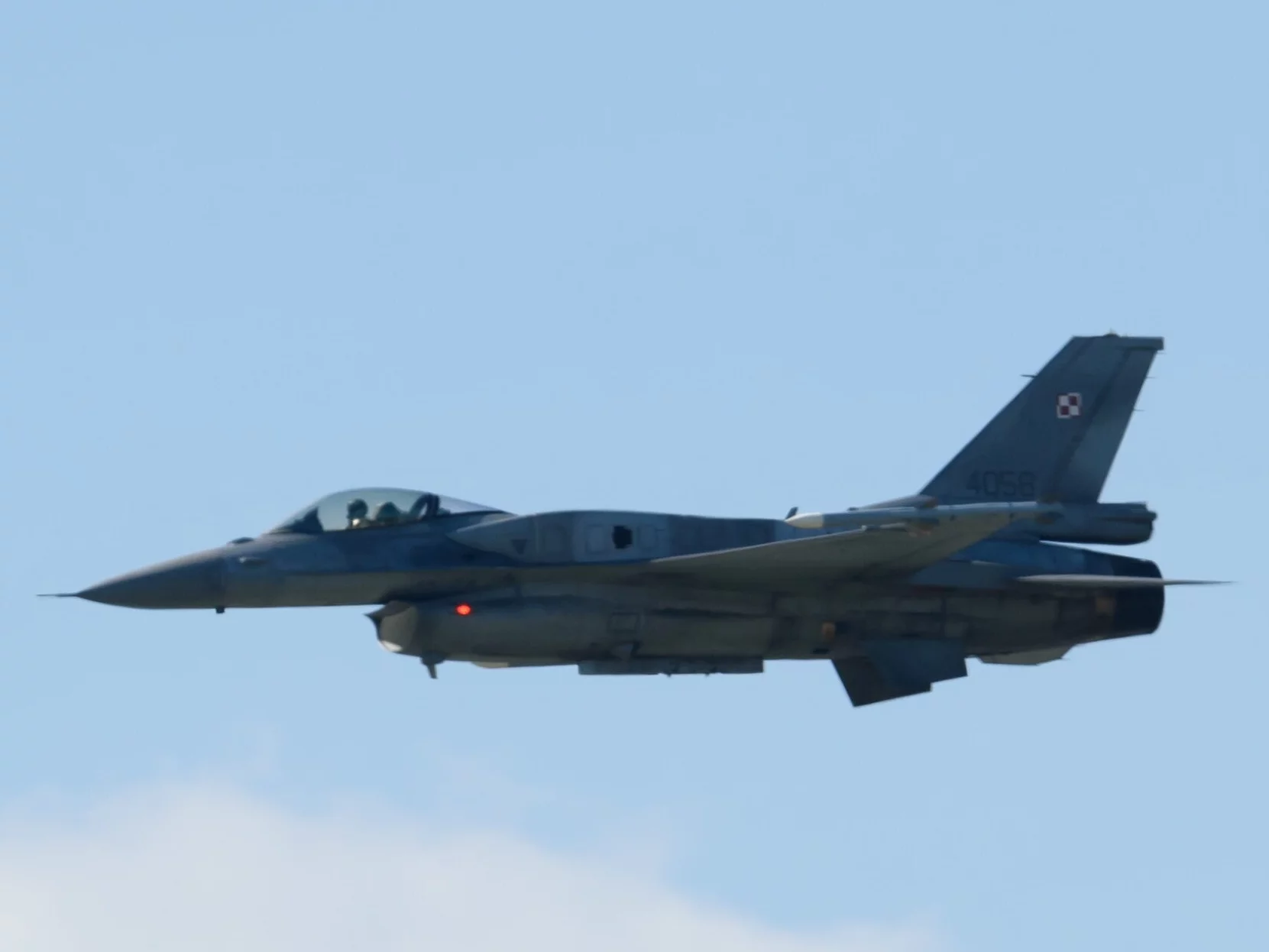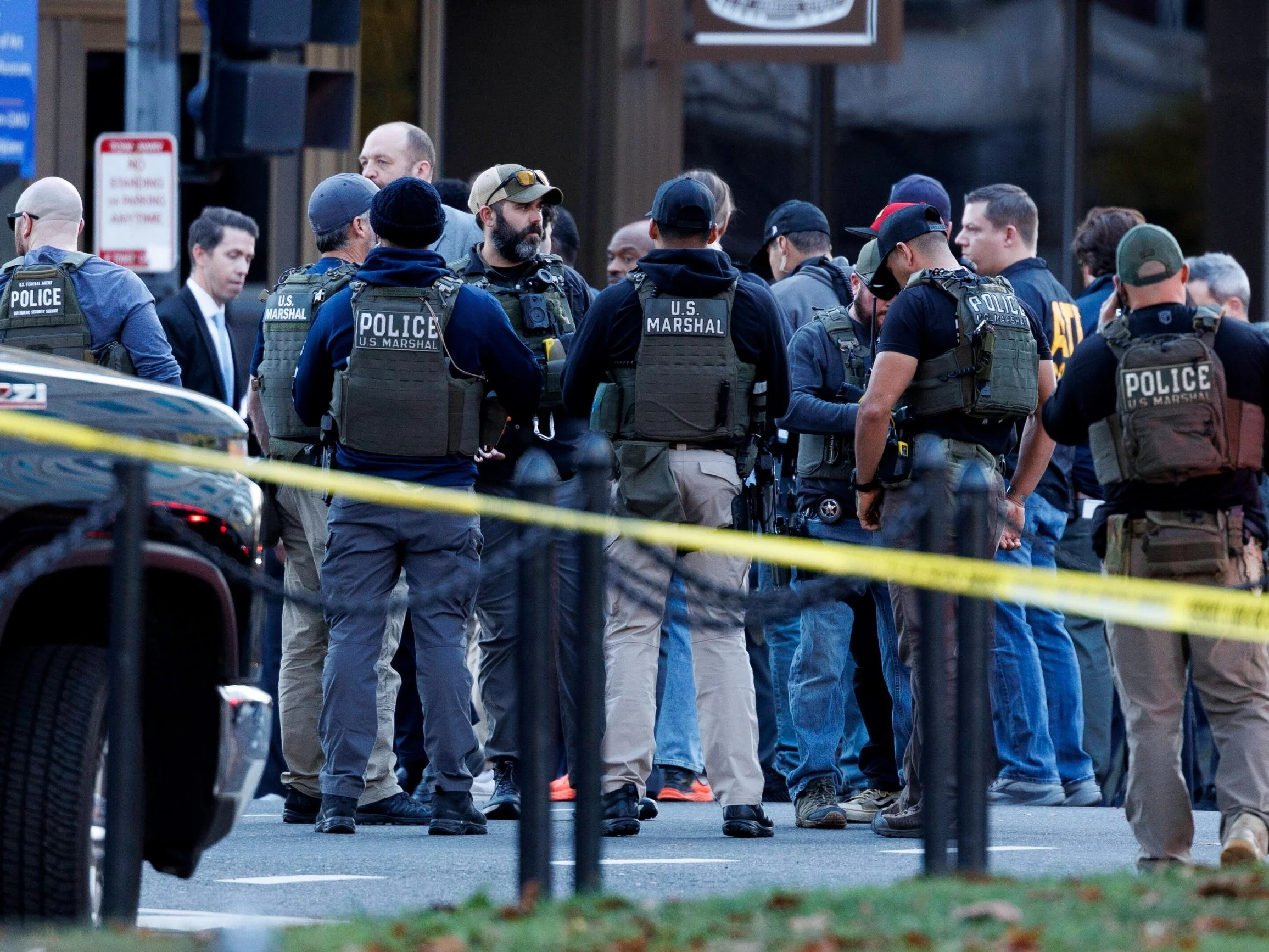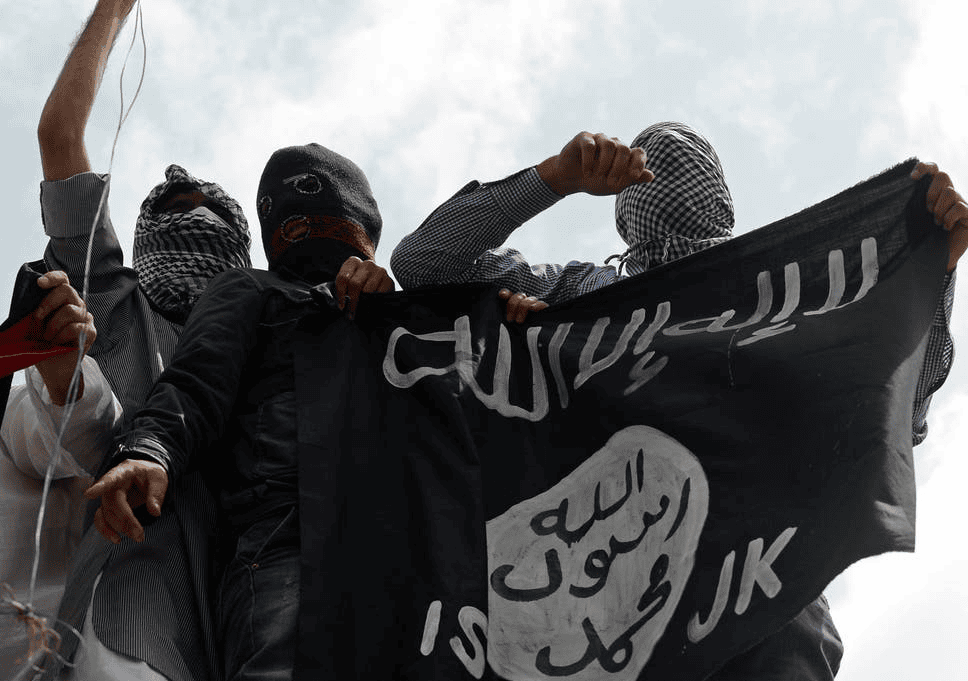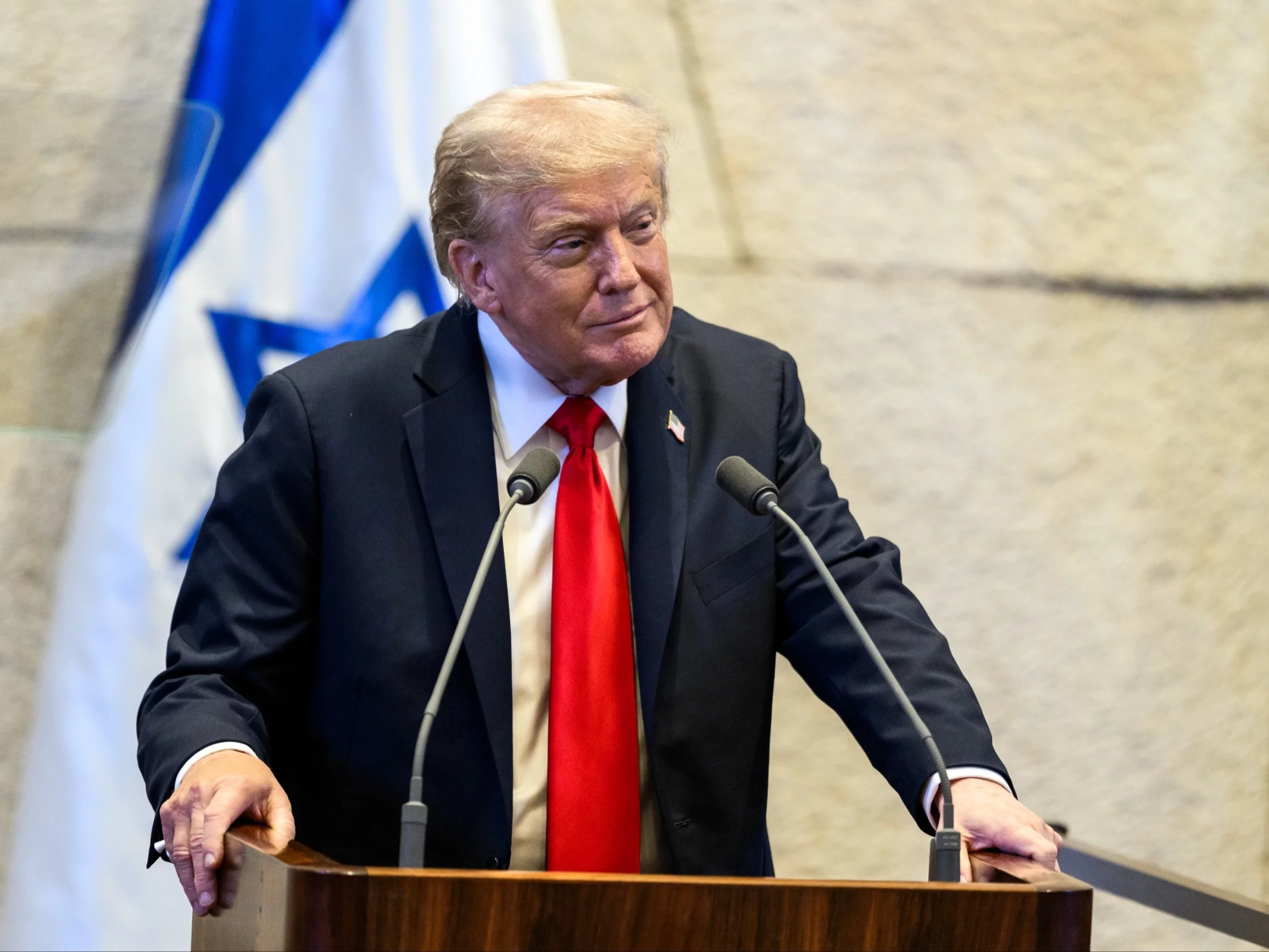Germany on a peacekeeping mission in Ukraine: investigating public support
Following the gathering of European leaders with Presidents Volodymyr Zelenski and Donald Trump inWashington, D.C. Washington Summit: Kiev's tactical success) Friedrich Merz declared the readiness of the RFN to participate in safety guarantees for Kiev, which has dynamicized the political and social discussion of sending German soldiers to Ukraine. The Chancellor did not regulation out the participation of the Bundeswehr, but stated that the applicable decision would be taken "in the event of a peace agreement", after consultation with the European and US countries and in accordance withcoalitions and another groups in the Bundestag.
The subject is controversial in Germany, and divisions run across organization lines. Many chadeks support Merz, but the participation of the RFN in safety guarantees for Ukraine powerfully opposes, among others, the Chadese Prime Minister of Saxony Michael Kretschmer. Among the Social Democrats, the position of Chancellor is shared by Vice Chancellor and Finance Minister Lars Klingbeil and Head of Defence Ministry Boris Pistorius, but the politicians of the SPD's left wing are skeptical and request that the Ukraine be directed not by a military European mission but by UN or OSCE forces. This attitude is shared by the Left. The categorically opposed to sending the Bundeswehr is AfD. Greens avoid unambiguous declarations, but support European safety guarantees for Kiev. There is besides an expanding number of public opinion surveys in the public space. Most respondents do not approve of the engagement of RFN forces in Ukraine.
The German soldiers' participation in operations abroad is decided by the Bundestag. The scale of support for their possible participation in the Western peace mission in Ukraine will depend on the mandate of the operation, the participation of allies – especially the United States, France and the United Kingdom – and the government's determination to convince the public of the legitimacy of the mission. Current discussions are part of the preparation of society and political elite for the possible sending of the Bundeswehr to Ukraine after the end of the war.
Comment
- Merz's announcement is an expression of Germany's efforts to become a European leader in aid Ukraine and a key associate in the European peace and safety process. The absence of specified a message would weaken the state's position in E3 format, co-created with Britain and France. Both of these countries are leading the preparation in the coalition of willing concepts of deploying Western support forces in Ukraine after the end of the war (see. Coalition of volunteers with safety guarantees for Ukraine: smaller ambitions, more specifics). At the same time, the declaration of readiness of the Bundeswehr to participate in a possible mission does not impose any obligations on the RFN at this phase of the war. Had it always happened, Merz had given consent to many conditions, which gives him comparative freedom to make final decisions.
- Currently Berlin focuses primarily on supporting Ukrainian troops through purchases of arms and military equipment in the US and providing components for their production in Ukraine (see besides German military aid to Ukraine: a fresh model of support?). In August, he announced to finance the acquisition of a second package of ammunition and military equipment from the United States as part of a NATO preferential purchasing initiative for Kiev (PURL) worth $0.5 billion. During his visit there on 26 August, Klingbeil declared his willingness to deepen the cooperation of the armed industries of Germany and Ukraine. If the decision is yet made not to send the Bundeswehr, it will be justified by the peculiar German commitment, as well as by the "overload" of the permanent deployment of the brigade in Lithuania (it is to accomplish full operational readiness by the end of 2027 and yet number about 4.8 1000 soldiers and about 200 civilian workers, see. German ‘Brigada Lithuania’). any experts and politicians already usage this argument, including abroad Minister Johann Wadephul (CDU) and Parliamentary Plenipotentiary for Bundeswehry Henning Otte (CDU).
- Most Germans are opposed to diverting the Bundeswehr to Ukraine. 56% of respondents disagree on this step, and only 28% support it (INSA's 21 August survey). The proposal is rejected by electorates of all parties but the Green supporters. There is besides a regional division: citizens of the Western Lands are more open to this, and east ones are definitely critical, as with all aid to Ukraine. specified differences are nothing new. In 1999, NATO bombing in Kosovo approved 64% of the western population and 39% of the east of Germany. After the September 11, 2001, 71% of Germans declared "unlimited solidarity" with the US and advocated sending their own forces to Afghanistan. comparatively advanced support for abroad missions is linked to the belief that the RFN should play an increasingly crucial function in ensuring safety in Europe and in the world. This argument will be utilized by politicians in a run probing support and then promoting the possible engagement of the Bundeswehr in Ukraine. Without public support, the government will have a problem obtaining the Bundestag's consent to send troops abroad.








